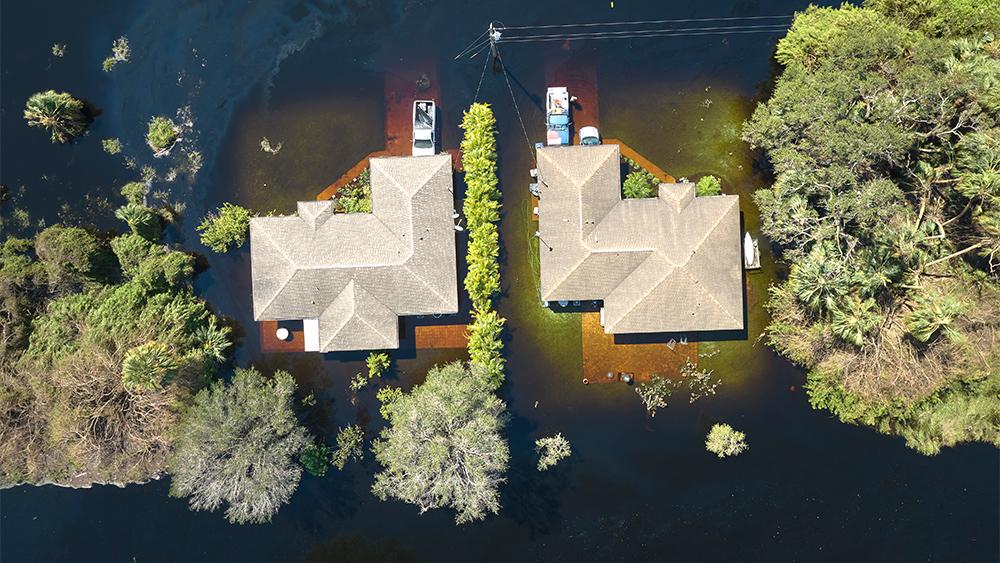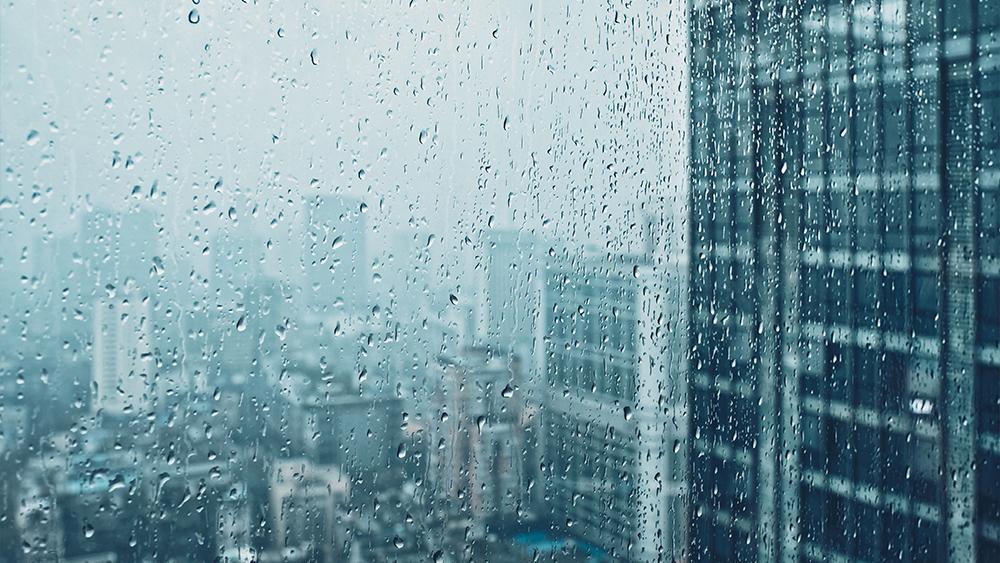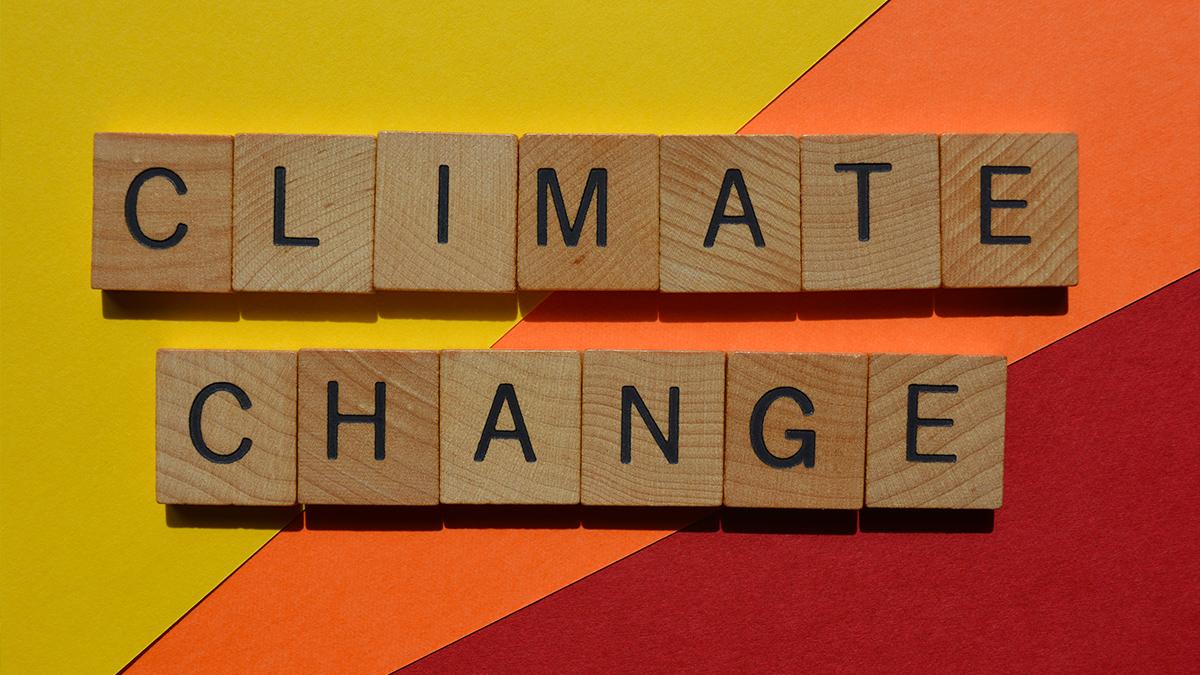Climate change is becoming a concern for the real estate industry. Rising sea levels putting coastal homes in jeopardy and an increase in extreme weather events are transforming the real estate market. As the engine of community development and economic progress, the real estate industry has to respond to these evolving environmental risks.
Rising sea levels and coastal real estate challenges
Coastal real estate is in danger because the sea level is rising. This is because rising global temperatures and melting ice caps are making storms, erosion, and constant flooding worse in low-lying areas. This is a big problem for the real estate business because things along the coast are more likely to get damaged or lose value. Investors and developers are having a lot of problems, such as:
- Rising insurance costs.
- Rising erosion rates.
- Rising storm risks.
- Limits on new buildings in sensitive areas.
Property prices are also going down because of the dangers at the coast. Experts in real estate are looking into ways to adapt, such as moving current assets out of high-risk places or building new homes with raised foundations and living shorelines.
Extreme weather events and their effects on property value
As a result of climate change, sea levels are rising and violent weather events are happening more often and with more force. This is causing problems in the real estate business. These things, like storms, wildfires, floods, and droughts, make investors less confident and property prices drop. Damaged homes may need expensive fixes or rebuilds, which can lower the owners’ wealth and leave them open to changes in the insurance market. There is also more pressure on the real estate industry to make plans for managing risks, build long-lasting infrastructure, and support laws that protect neighborhoods and property owners.

Insurance implications and adapting to increased climate risks
The real estate industry is dealing with higher climate risks, which have caused insurance rates to go up and coverage to go down in high-risk places. Because of this, real estate agents are rethinking how they handle risks, such as by raising buildings and making drainage systems better. Investors are also becoming more aware of how vulnerable businesses are to climate change and are using different ways to move risk. Insurance companies need to work with lawmakers, urban planners, and the real estate business to come up with new ideas for how to solve problems, like risk-sharing plans and public-private partnerships. People who work in real estate can help make the built world sturdier and more long-lasting.

Shifting demand and the changing residential real estate landscape
Because of higher risks from bad weather and rising sea levels, people who want to buy a home are changing their objectives. Because of this, people are looking for homes in areas with lower risk, while homes in areas thought to be safe from the weather are becoming more popular. More and more people want energy-efficient homes that can withstand disasters and mixed-use areas that are easy to get around on foot. As the real estate industry adjusts to these changes, pros, developers, and builders need to put money into projects and buildings that are made to handle the challenges of a changing world.
Buying a home in North Vancouver
When it comes to buying a house, partnering with Matin Homes Real Estate in North Vancouver can make all the difference. Our commitment to providing exceptional service, extensive market knowledge, and a deep understanding of the local community sets us apart.

